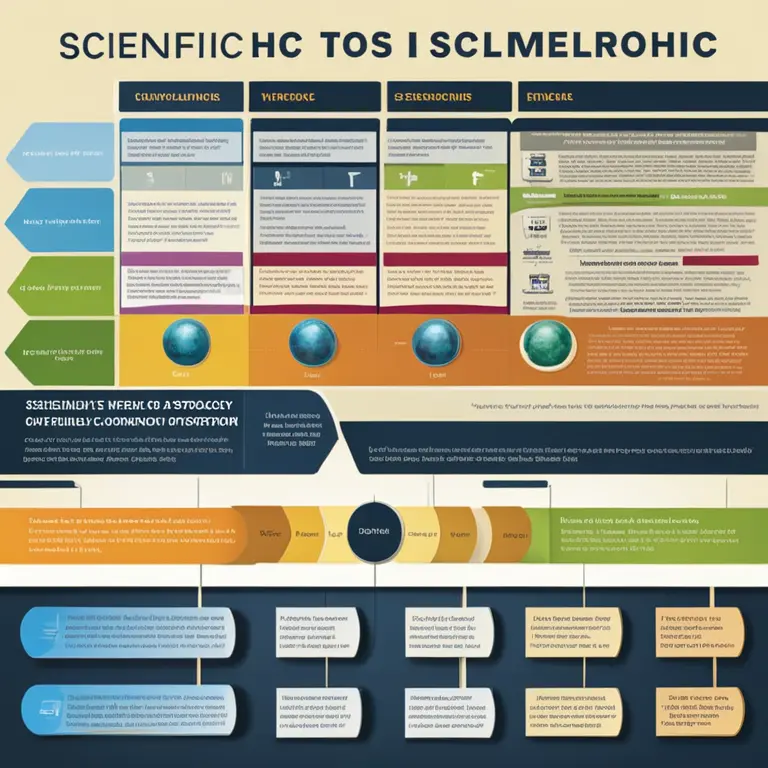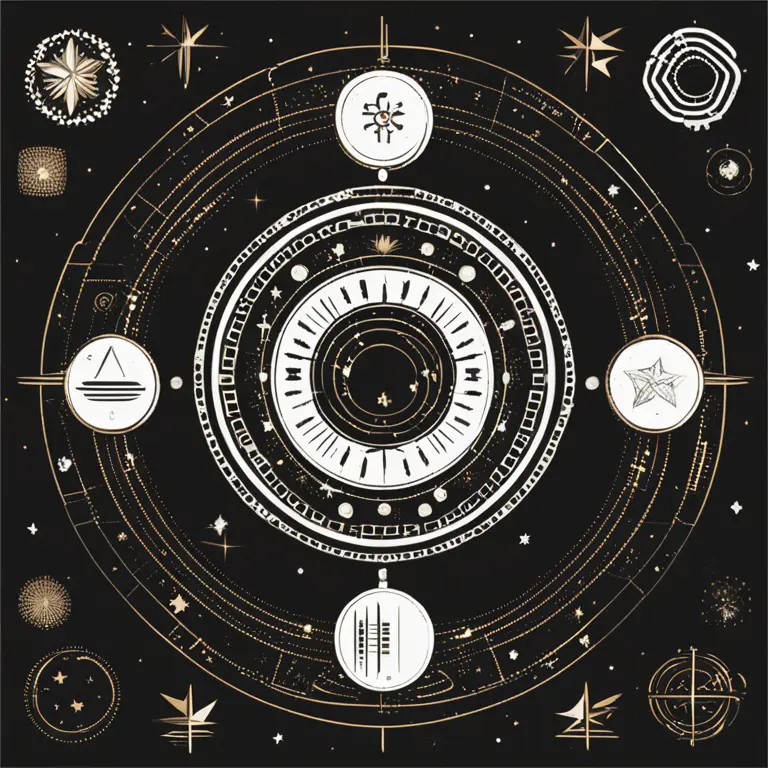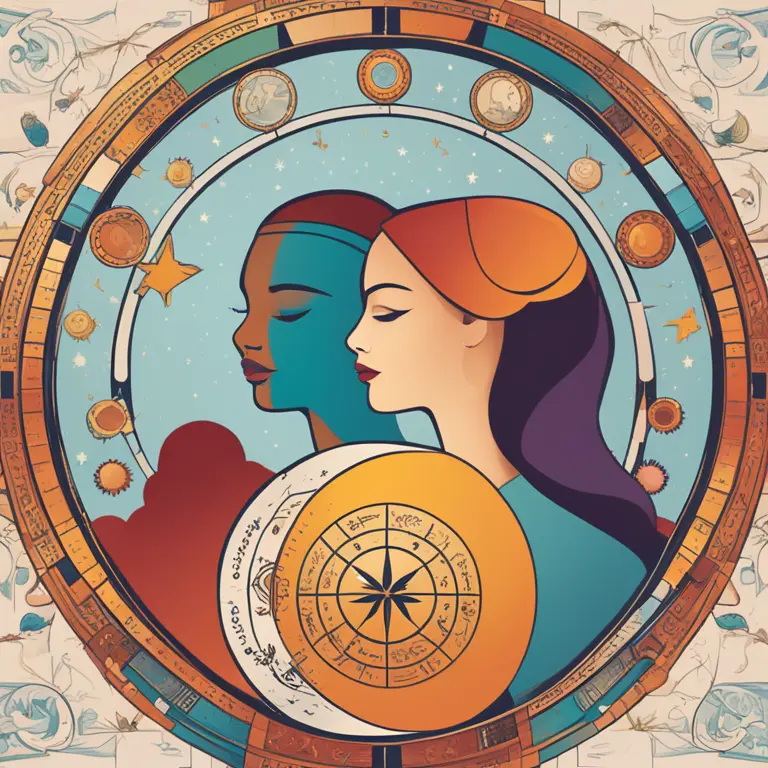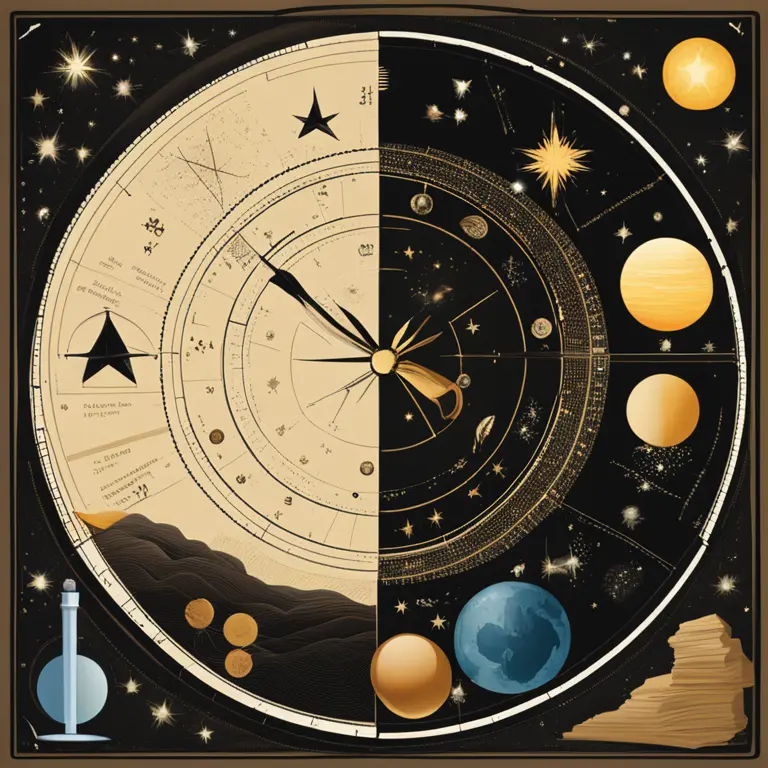
The Verifiability of Astrology
Delve into the intriguing question of whether the ancient practice of astrology holds any weight under the scrutiny of modern scientific inquiry.
article by Priya Deshmukh
A Cosmic Inquiry: Astrology's Claims
As human beings gaze upon the night sky, the stars have long been a canvas onto which cultures across time have painted meanings and predictions about life. Astrology posits that the positions and movements of celestial bodies hold sway over human affairs and natural phenomena. With horoscopes guiding millions in their daily lives, the claim of astrology carries significant weight. But the critical lens of science demands falsifiability and empirical evidence – standards which astrology must endure. In the era of data and scientific enquiry, the question whether astrology can be proven remains a subject of potent discourse.

Rigorous Scrutiny: The Scientific Method
The scientific method is structured around hypothesis formation, prediction, testing, and objective analysis. For astrology to pass this bar of verifiability, it would require consistent, reproducible results under controlled conditions. Studies thus far have yielded little support; for example, the double-blind tests of astrological predictions against chance have shown no substantial correlation. In 2024 and beyond, the weight of evidence—or the lack thereof—is a crucial factor in assessing astrology's credibility from a scientific standpoint.

Patterns and Predictions: Astrology's Hurdle
Astrology's central argument hinges on observed patterns correlating celestial alignments with terrestrial events. Skeptics argue, however, that correlation is not causation. Cognitive biases, such as confirmation bias and the Forer effect—where individuals believe vague, general statements are highly accurate for them personally—complicate subjective validations of astrological readings. These psychological phenomena undermine astrological claims by suggesting that belief, rather than demonstrable influence, may drive the perceived accuracy of astrological predictions.

The Role of Astrology in Modern Society
Despite the lack of empirical validation, astrology remains a cultural staple, guiding countless individuals in aspects of their lives ranging from relationships to careers. This could indicate that astrology's role is less about concrete, scientifically-testable claims and more about providing a framework for introspection and entertainment. As of 2024, astrological services blend mystical allure with psychology, offering a personalized experience that continues to captivate the human imagination.

Astrology vs. Astronomy: A Clarification
Astrology must be delineated from astronomy, which is the scientific study of celestial objects and phenomena. Astronomy relies on rigorous research and empirical data, whereas astrology works with symbolic interpretations. The confusion between these two fields often leads to misunderstandings about what can be proven or disproven. As we look to the future, a clear distinction between these disciplines is crucial for both educational purposes and the integrity of scientific inquiry.
The Future of Astrological Claims
The digital age witnesses a proliferation of data analytics and artificial intelligence, providing innovative tools that could potentially test astrological claims with newfound depth. Whether upcoming technologies will bring astrology closer to scientific validation or further debunk it is a question open to future exploration. Nonetheless, astrology's endurance suggests that it fulfills a human desire for narrative and meaning, irrespective of its demonstrable truth.
Published: 1/12/2024
Modified: 1/12/2024
More predictions
Come back here soon to learn more about yourself and your future


Do Zodiac Signs Reflect Your True Self?
Discover the connections between zodiac signs and personality traits in this insightful look into astrology's relevance to our lives.


The Historical Journey of Zodiac Signs
Embark on a historical journey to discover the inception of the zodiac signs and their influence on astrology today.


The Mystique of Zodiac Water Signs
Dive into the emotional depths of the Zodiac water signs – Cancer, Scorpio, and Pisces – and discover the profound insights they offer.